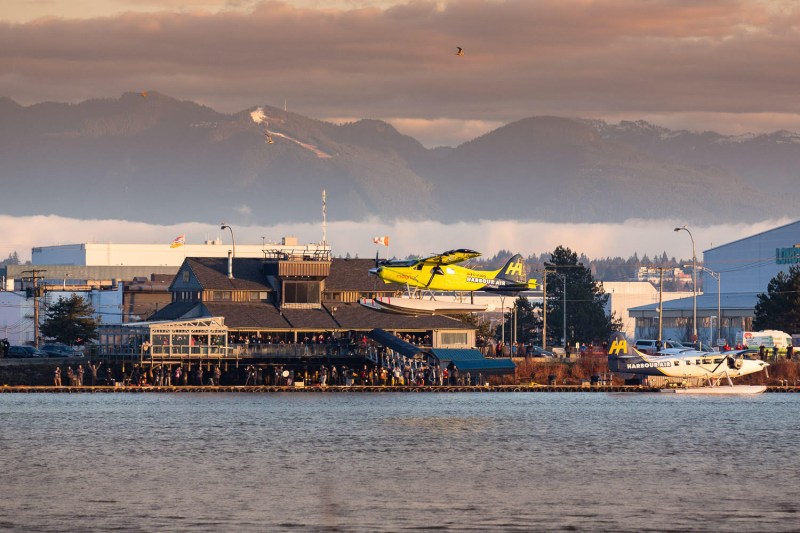
Millennials will live to see the last fossil-fuel-powered vehicles roll off the assembly line. The auto industry is thankfully in the midst of its Electric Revolution. Now, cutting-edge engineers around the world are setting their sites on the skies to find ways to electrify aircraft. Last week, a small single-engine seaplane made history with a world-first flight that could pave the way for cleaner and greener air travel.
The six-seater plane took off from Vancouver and touched down just 15 minutes later. The test craft was a 62-year-old Havilland Beaver retrofitted with a 750-horsepower all-electric motor. The pilot, Greg McDougall, is the founder of Harbour Air — a short-haul Canadian air carrier that owns the plane. He confirmed the flight went off as expected. “For me, that flight was just like flying a Beaver, but it was a Beaver on electric steroids. I actually had to back off on the power.”
Fifteen minutes may not seem like much, but it’s a start. The auto industry’s Electric Revolution began with hybrid engines relying partly on fossil fuels and partly on heavy batteries. It took more than a decade for many of those same cars and new innovators like Tesla to switch to all-electric engines. The hope is that flights like this could spark a similar revolution in the aviation industry.
The electric technology powering the seaplane was provided by Australian engineering firm magniX. Company CEO, Roei Ganzarski, is heralding the flight as a huge step forward for modern aviation. “This signifies the start of the electric aviation age … This proves that commercial aviation in all-electric form can work.”
He’s not wrong; this is a milestone for sure. The problem with electric-powered vehicles, however, has always been their limited range. The lithium-ion battery bank used on this test flight is capable of flying a similarly sized plane about 100 miles. For companies like Harbour Air, which mostly offer puddle jumper flights along coastal British Columbia, this could be a game-changer. Longer flights, however, are a different animal.
Still, long-haul flights are an environmental problem that needs fixing and fast. More people are traveling now than ever before, and fossil fuel is not sustainable. Although some carriers are looking to biofuels and lightweight aircraft materials, fuel-saving technologies haven’t kept pace with the explosive demand for international travel.
Harbour Air has already started the certification process to outfit the rest of its fleet with similar technology. It was the first seaplane airline to become carbon neutral and now hopes to feature the world’s first all-electric commercial fleet.
Eco-conscious wannabe pilots can get airborne right now with the FlyNano — a one-man electric seaplane. The best part: No license required.



